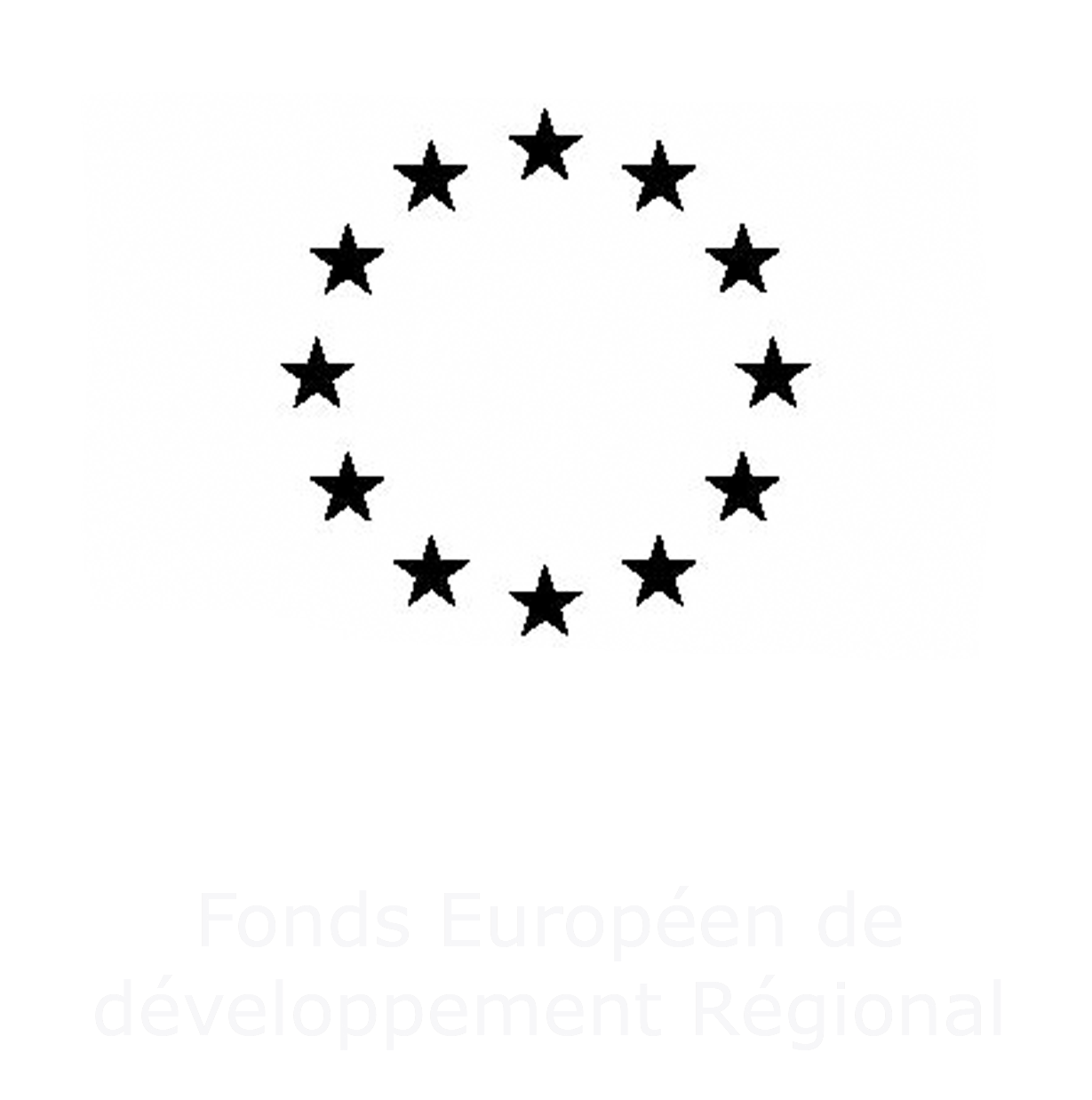Disability, Activity, Aging, Autonomy and the Environment (HAVAE)
Contact
Jean-Christophe Daviet – Director
(0033) 555 05 65 16
> Website
Adress : HAVAE – Faculté de médecine – 2 rue du Dr marcland – 87025 LIMOGES CEDEX
Administrative Supervision : Université de Limoges
Parent Institute : GEIST
Doctoral School : ED 524 – Biologie santé
Professors : 10
Other researchers : 4
Accreditated to direct research (HDR) : 5
Doctoral Students : 6
Peer reviewed journal : 64
Books : 1
Book chapters : 2
Thesis defended : 3
Conference presentations : 27
Presentation
Autonomy breakdown is due to an imbalance between the activities that subjects should or would like to carry out (home assessment of the activity under ecological conditions) and their functional capacities (looking for person-specific functional frailty markers that impact activity). Our project is unique as we assess subjects under real conditions in their homes with the aim of providing the most relevant solutions to prevent autonomy breakdown. If we refer to the International Classification on Functioning, Disability and Health (CIF, WHO 2003), our home-based intervention falls under environmental factors and participation, whereas very often studies only assess deficiency and activity aspects. We address the issue by focusing on 2 complementary areas that interact with physical activity: 1st area: assessing the effects of physical activity on maintaining autonomy. 2nd area: assessing the effectiveness of information and communication technologies on helping individuals remain at home and on patients’ level of physical activity. The different research work carried out in the two areas addresses the 3 following aspects: • the respective place of person-specific functional frailty markers and impact on activity and involvement and research for new markers • at-home assessment of th activity under ecological conditions • implementing actions for the individual (that are directly related to the two aforementioned points).
Research themes
- Clinical and environmental determinisms of loss of autonomy
- Modelling the impact of domotic (automation) solutions and physical activity
- Loss of autonomy:
– progressive related to aging and to polypathology
– and brutal related to acute pathology
Keywords
- Disability ;
- Clinical Research ;
- Physical and Sports Activities ;
- Chronic Polypathology ;
- Aging ;
- Autonomy ;
- Rehabilitation ;
- New technology
Equipment / Technical resources
2 mobile, multidisciplinary teams that can assess patients at home
Partnerships
Active National University Partnerships : Universities of Saint Etienne, Poitiers, Avignon, Clermont, University of Technology of Troyes, Toulouse (Gérontopole – Toulouse Geriatrics Clinical Resaerch Centre and Health). URC ECO APHP, University of Lyon 3 National Industrial Partnerships : Link Care Service, SRET, Orange, Voluntis, inoveo, SIRMAD
International Industrial Partnerships : Société Legrand, Qualcomm
Partnerships with National Organizations and Institutions : Autonom’Lab
Fields of application
Modelling the impact of organizational factors and/or new technology on the loss of autonomy, medico-economical validation and uses. Validating diagnosis support using information and communication technology and sensors. Scientific validation of medical systems
Industrial applicationsw
Health, ICT

